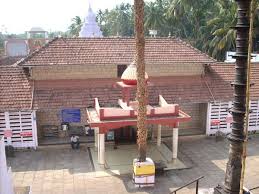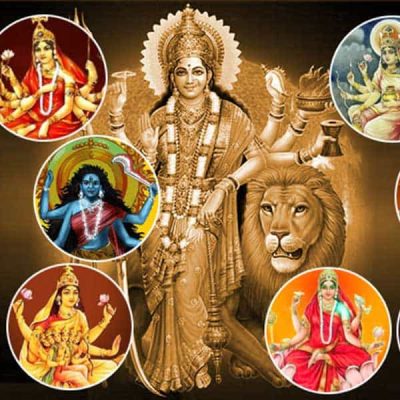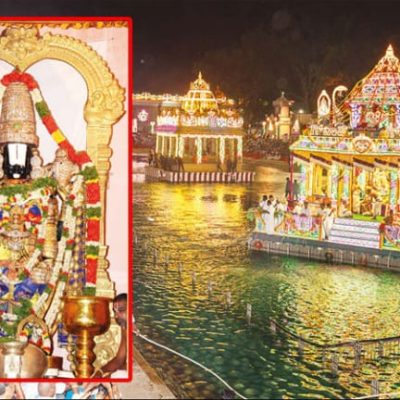Kadri Manjunath (Manjunatheshwara) Temple- Karnataka

Address
Kadri Manjunath (Manjunatheshwara) Temple- Kadri Temple Rd, Vasanth Vihar, Kadri, Mangaluru, Karnataka 575002 Phone: 0824 221 4176
Deity
Manjunatha (Lord Shiva)
Introduction
- Kadri Manjunatha Temple: A historic temple in Mangalore, Karnataka, dedicated to Lord Manjunatheshwara (a form of Lord Shiva).
- Architectural Significance: Dates back to the early Vijayanagara architecture of the 10th and 11th centuries AD.
- Location: Situated on the scenic Kadri hills, which feature numerous caves and the largest Natha Pantha in southern India.
- Name Origin: “Kadri” is derived from “Kadari,” meaning plantain, reflecting the abundance of plantain trees in the area.
Puranic Significance
- Historical Background: Kadri was initially a center for Buddhism; as it declined, the Natha Pantha emerged, focusing on Shiva worship.
- Early Settlements: The earliest inhabitants were Buddhists, followed by the followers of the Natha Pantha, known as Jogi, who established monasteries (jogimutt).
- Temple Construction: Inscriptions reveal that the land for the temple was donated by a king, and it was built following Agama Shastra principles in the 12th century. It was later rebuilt using granite in the 14th-15th centuries.
- Cultural References: The region is mentioned in “Bharadwaja Samhita,” a Sanskrit Vedic compilation, highlighting Kadri as a significant spiritual site where sages practiced meditation and penance.
- Connection to Lord Parasurama: Legend states that Lord Parasurama sought a new home for Lord Manjunatha, defeating the ocean king to establish Kadri as a sacred site. The temple was constructed with the help of Vishwakarma.
Special Features
- Deity Statues: The temple houses statues of various deities, including Gorakanatha, Machendranath, Shringinath, Manjushri, Lokshewara, and Buddha.
- Udhbhava Linga: A naturally formed lingam representing Lord Narayana and Lord Shankara.
- Deepasthambha: A five-foot tall lamp lit during Karthika Vilaku day and Lakshadweep Mahotsava.
- Gomukha Spring: A natural spring at the back of the temple, believed to flow from the river Bhageerathi in Kashi, offering cleansing waters for devotees.
Festivals
- Annual Jathra Mahotsava: Held in January, starting with Makara Sankranthi, lasting nine days.
- Rudrabheeeksha: Conducted every Monday.
- Major Celebrations: Ganesh Chaturthi, Karthikamasa, Navratri, Deepavali, Dhanurmasa Pooja, and Udagadi.
- Brahma Kalothsava: Celebrated from April 17th to 23rd, featuring a 40-foot Garuda hoisted on a 62-foot flagpole.
- Laksha Dweepa Mahotsava: Another major festival observed at the temple.
Century/Period/Age
10th and 11th century AD.
Managed By
Archaeological Survey of India (ASI)
Nearest Bus Station
Kadri
Nearest Railway Station
Mangalore station
Nearest Airport
Mangalore





